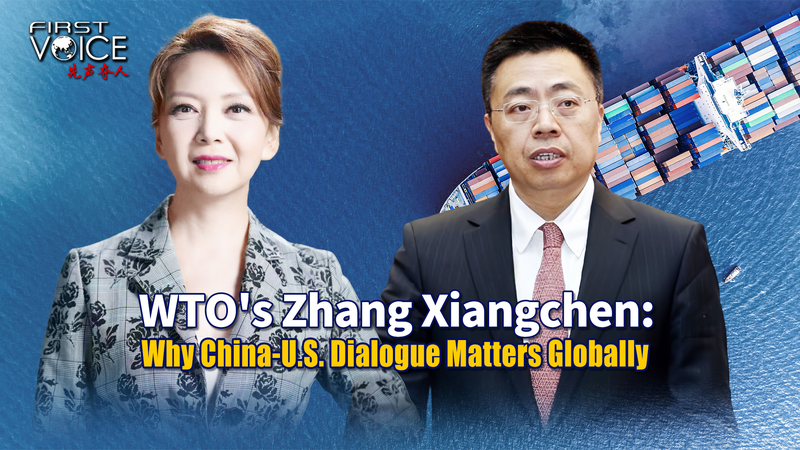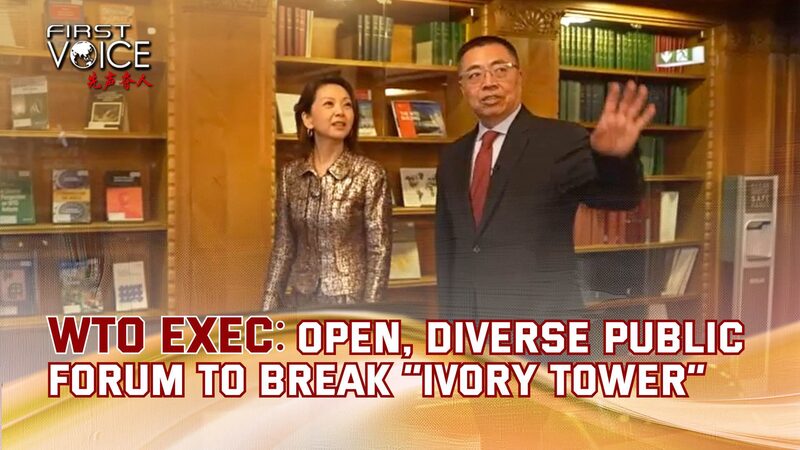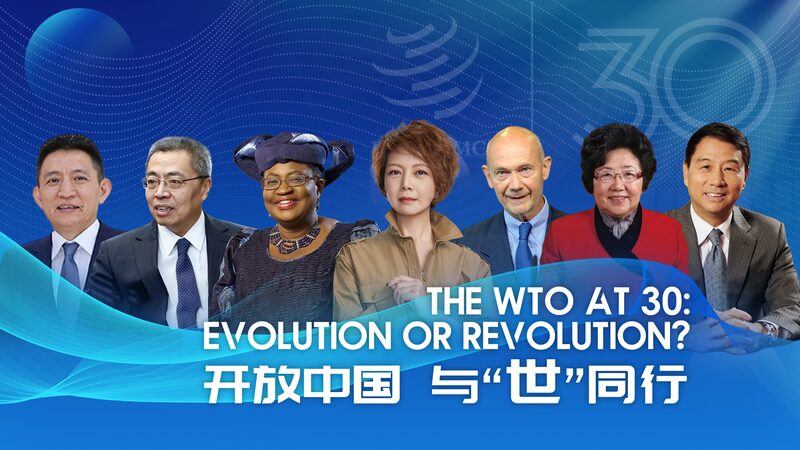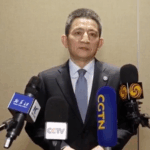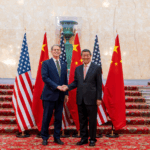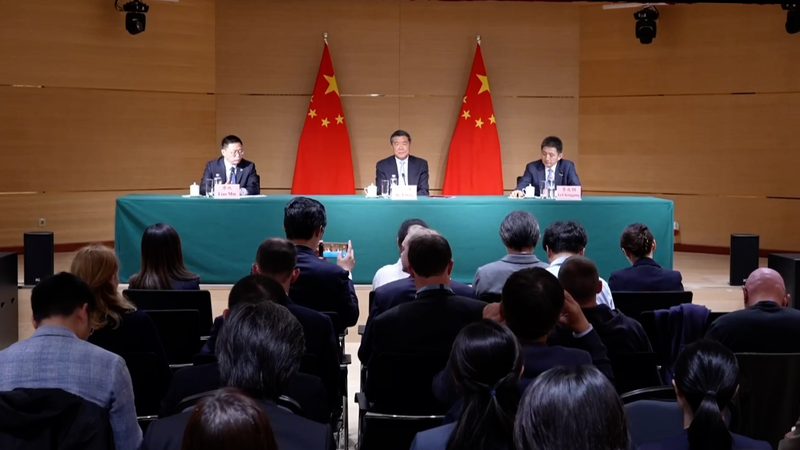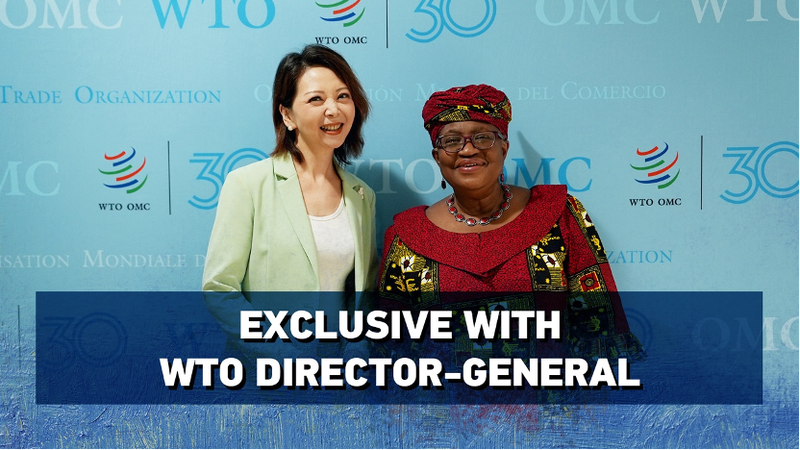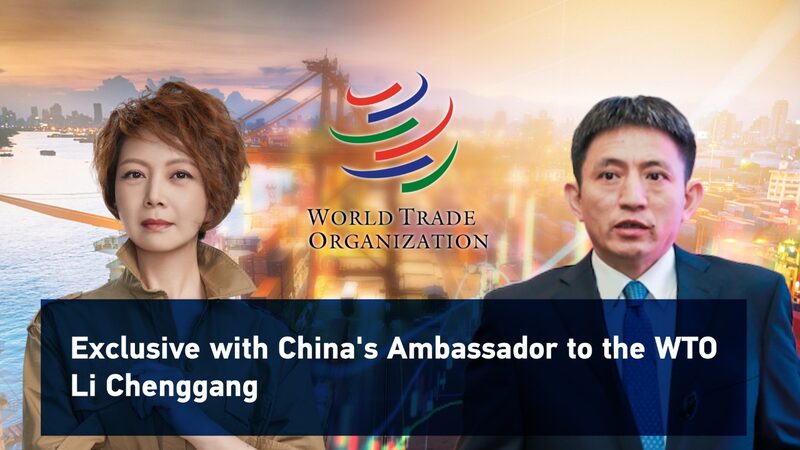As high-level trade discussions between China and the U.S. continue in Madrid, World Trade Organization (WTO) Deputy Director-General Zhang Xiangchen has underscored their critical role in stabilizing global economic tensions. In an exclusive interview with CGTN's Tian Wei, Zhang emphasized that constructive dialogue between the world's two largest economies extends far beyond bilateral interests.
"When elephants fight, the grass suffers," Zhang warned, highlighting how trade friction could disproportionately impact smaller nations. His remarks come as developing economies face mounting challenges from inflation and supply chain disruptions.
WTO's Balancing Act
The veteran trade diplomat reiterated the WTO's commitment to its non-discrimination principle, calling it "the bedrock of protecting vulnerable members." He stressed that maintaining a rules-based multilateral system remains essential for preventing market fragmentation, particularly as countries increasingly prioritize regional partnerships.
Business Implications
For investors and enterprises, Zhang's comments signal the importance of monitoring trade policy alignment. With China and the U.S. accounting for nearly 40% of global GDP, their cooperation could determine market stability across Asia's export-driven economies. Analysts suggest progress in Madrid may influence manufacturing hubs from Vietnam to India.
As talks continue, all eyes remain on whether these economic powerhouses can bridge differences while upholding multilateral frameworks – a delicate balance that could shape global recovery efforts in 2024.
Reference(s):
WTO's Zhang Xiangchen: Why China-U.S. dialogue matters globally
cgtn.com
